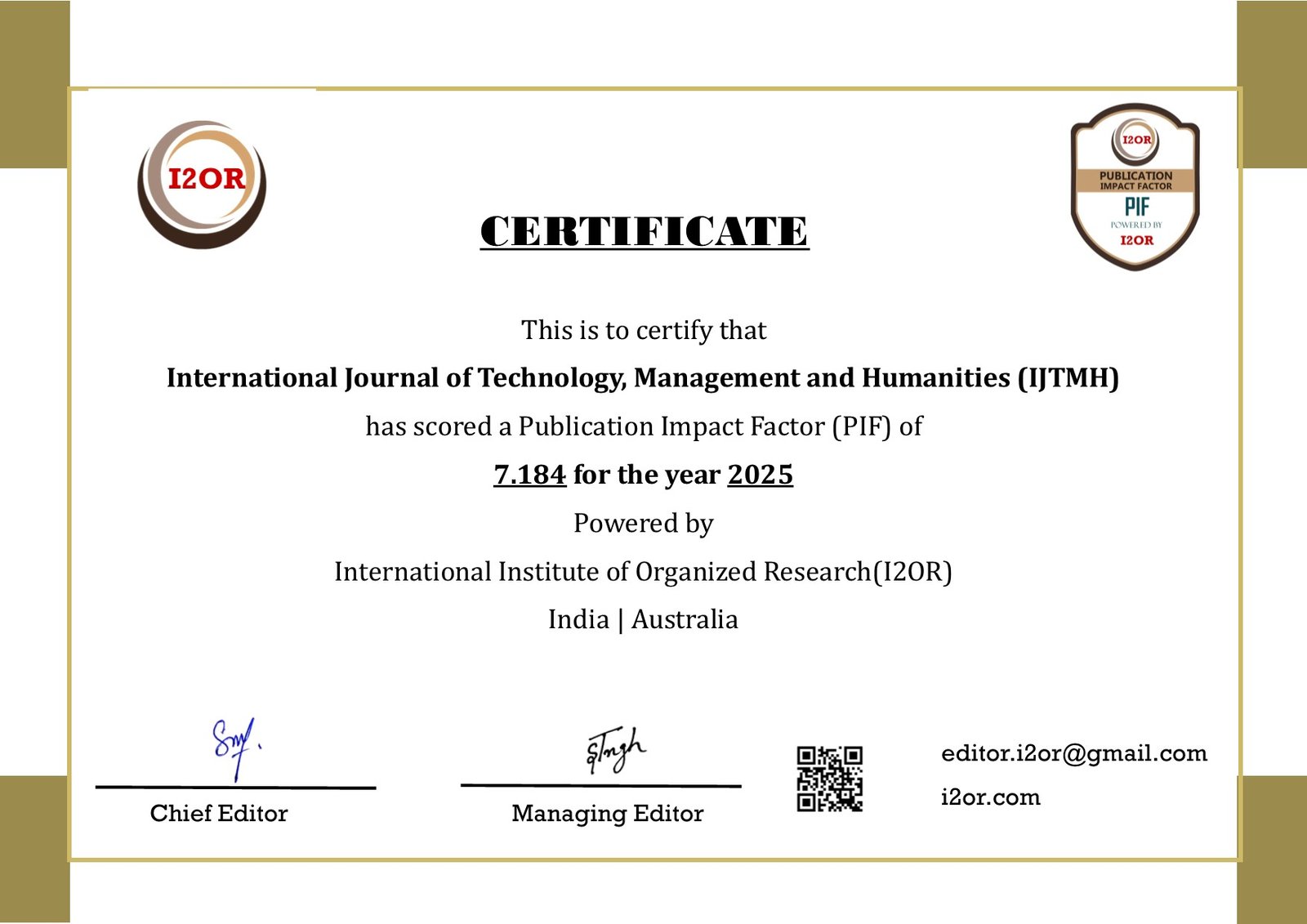Secure Remote Access in Corporate Networks: Evaluation of VPN Protocols and Performance Metrics
DOI:
https://doi.org/10.21590/08kyjw31Keywords:
VPN, OpenVPN, L2TP/IPsec, PPTP, AES 256, remote access, MS CHAPv2, encryption overhead, scalability, VPN concentratorAbstract
With the growing prevalence of remote work and mobile connectivity in 2017, secure and efficient remote access to corporate networks has become a strategic priority. This research conducts a comprehensive evaluation of three widely used VPN protocols Point to Point Tunneling Protocol (PPTP), Layer 2 Tunneling Protocol with IPsec (L2TP/IPsec), and OpenVPN across critical performance and security metrics. The protocols are tested over wired Ethernet and wireless 802.11n networks using various packet sizes and session durations to emulate real world telecommuting conditions. Performance benchmarks include throughput, round trip latency, encryption overhead, and concurrent session scalability. Security evaluations focus on known cryptographic vulnerabilities, exploit history, and susceptibility to packet injection or man in the middle attacks. Our results indicate that OpenVPN using AES 256 encryption provides the best balance between throughput and security robustness. PPTP offers the lowest latency but is undermined by significant vulnerabilities, including weak MS CHAPv2 encryption and lack of forward secrecy. L2TP/IPsec performs reliably but introduces moderate overhead and configuration complexity. The study recommends enterprise adoption of open source, AES encrypted VPN technologies with enforced multi factor authentication (MFA) to safeguard remote access infrastructures while maintaining usability and scalability.







